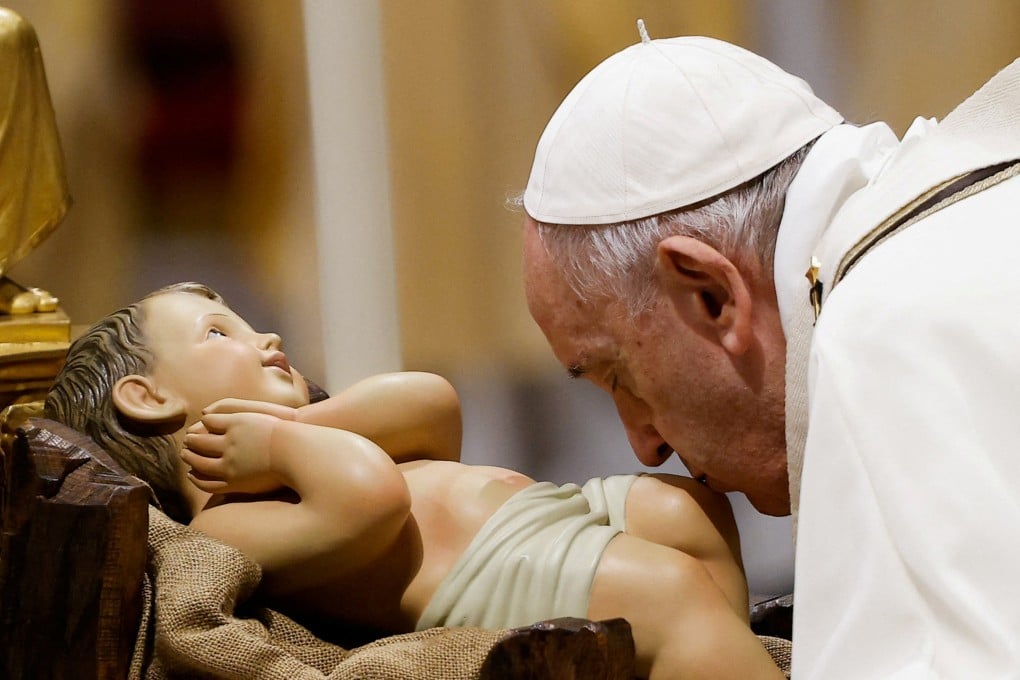Letters | Pope’s remarks on children and pets were taken out of context
- Readers discuss Pope Francis’ comments on choosing to have a pet instead of children, those who disregard what’s best for Hong Kong’s wildlife, and the implications of Omicron

The mainstream media placed much emphasis on the “selfish” part of the pontiff’s remarks, thereby fostering a misconception that the Pope was criticising all childless couples. That the Pope leads the Catholic Church whose clergy and religious orders take vows of celibacy may be why his comments attracted so much media attention and online backlash.
Yet, the media did not paint the complete picture. Pope Francis was giving a catechism lesson with the theme of St Joseph and adoptive fatherhood at a weekly general audience. In light of declining birth rates and diminishing family values worldwide, the Pope was referring to married couples who are able to bear or adopt children, but choose to have pets instead.
In 2015, Pope Francis also stressed that there is no need to breed “like rabbits”, regardless of couples’ ability to care for their children. However, pets should not count more than children, even though emotional relationships with them are easier and programmable. Not only is family the building block of society, but it also shapes the future of humankind. Family provides a foundation of love and care in our society, which further extends to other people and even to the environment and wildlife.
Parenthood transforms one’s life in many ways, so society should treasure this extraordinary experience instead of deprecating it. It is understandable that some people are not entirely comfortable with the Pope’s comments, especially against the backdrop of various social problems and reality constraints.
With the new Legislative Council inaugurated earlier this month, I hope the government will put forward more family-friendly policies, further raising the tax allowances for those with children, providing more breastfeeding spaces in public places, and offering premarital counselling and a community-based intergenerational childcare partnership programme.
Anfield Tam, Quarry Bay